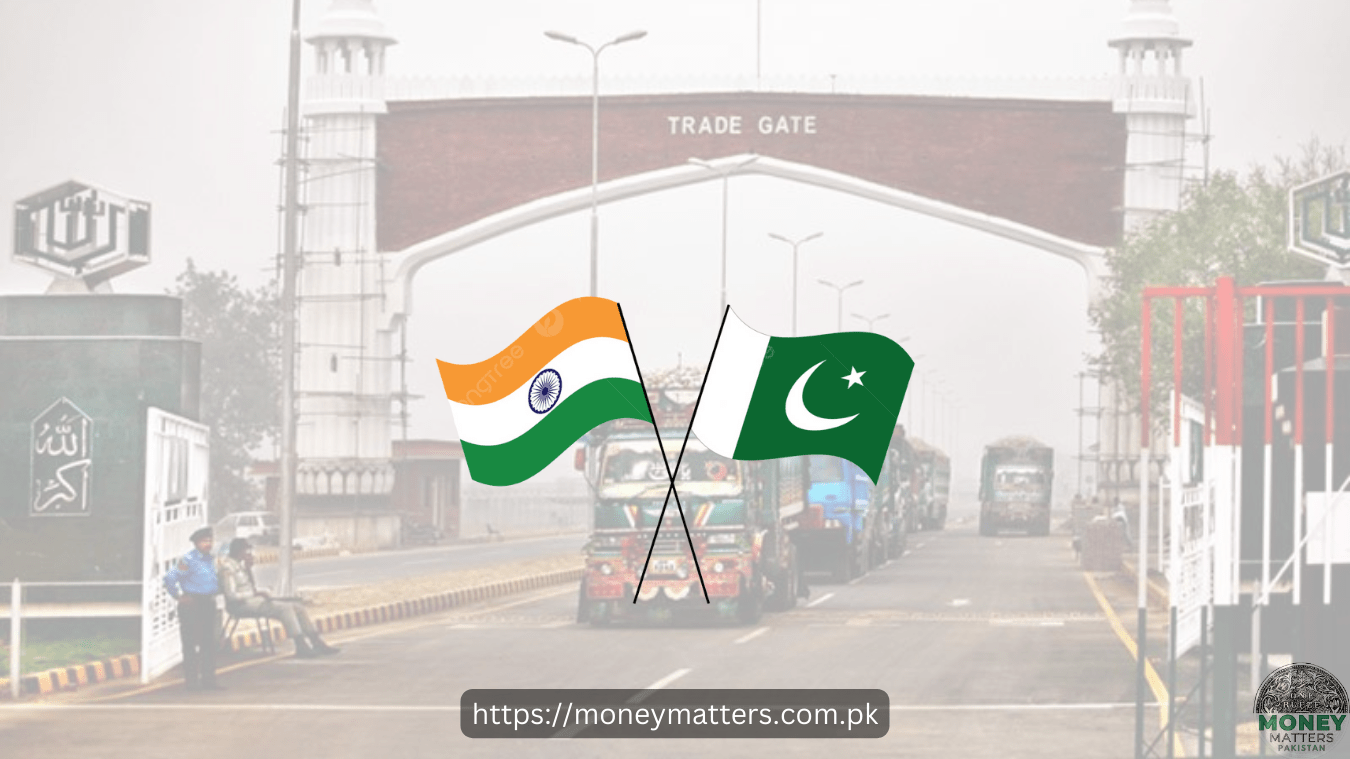Key Takeaways:
- Regional economic integration faces hurdles due to political complexities, hindering Saarc’s potential.
- Optimism for Pakistan-India trade existed pre-2019, despite challenges for Pakistani exports.
- Initiatives like a Cross-Border Special Economic Zone could stimulate bilateral trade, though political obstacles persist.
Challenges in Regional Economic Integration
Majyd Aziz’s article delves into the complexities that impede regional economic integration, particularly within the South Asian region. He highlights the South Asian Association for Regional Cooperation (Saarc), noting its significant potential but lamenting its stunted progress. Aziz attributes much of this stagnation to the intricate political landscape that exacerbates Indo-Pak bilateral tensions, consequently stifling broader economic cooperation. This stands in stark contrast to the success stories of global trade blocs like the European Union and Asean, which have thrived despite initial challenges.
Optimism and Setbacks in Pakistan-India Trade
Before August 2019, there was a palpable sense of optimism regarding trade relations between Pakistan and India, Aziz recalls. This optimism was buoyed by various reports and initiatives aimed at fostering greater economic ties. However, Aziz candidly acknowledges that Pakistani exports, while appreciated by Indian consumers, faced significant barriers in entering the Indian market. Non-tariff barriers and the prevalence of undocumented trade routes, often used to circumvent formal channels, posed substantial challenges for Pakistani industries. These hurdles cast doubt on the feasibility of expanding trade relations without addressing these underlying issues comprehensively.
Proposals for Enhancing Bilateral Trade
In light of the obstacles faced, Aziz proposes innovative solutions to revitalize Pakistan-India trade relations. One such proposal is the establishment of a Cross-Border Special Economic Zone at Wagah-Attari. This zone, Aziz argues, could serve as a catalyst for bilateral trade by facilitating direct investment, joint ventures, and export opportunities between the two nations. The concept garnered initial interest but faltered amidst subsequent political tensions, highlighting the need for sustained political will and diplomatic efforts to translate such proposals into actionable outcomes.
The Role of Business Leadership and Political Will
Aziz underscores the proactive role of the private sector in advancing dialogue and proposing solutions to enhance bilateral trade. However, he voices frustration over the lack of corresponding political will necessary to implement these proposals effectively. Aziz stresses the importance of liberalizing visa regimes and revitalizing platforms like Saarc summits to foster meaningful regional cooperation. He emphasizes that overcoming historical animosities and focusing on economic cooperation are crucial for promoting peace and stability in the region.
Calls for Policy Reforms
In his article, Aziz makes specific policy recommendations aimed at improving bilateral relations. He advocates for the restoration of Most Favored Nation status and revising import duties on Pakistani products in India to facilitate smoother trade flows. Additionally, Aziz calls for diplomatic efforts to reduce non-tariff barriers and create an enabling environment for business growth and investment. These measures, he argues, are essential for unlocking the untapped potential of economic cooperation between Pakistan and India.
Conclusion
In conclusion, Majyd Aziz’s article serves as a poignant reminder of the untapped economic potential between Pakistan and India amidst longstanding political tensions. His insights underscore the urgent need for both nations to prioritize economic cooperation over historical grievances. Aziz’s proposals for creating a Cross-Border Special Economic Zone and liberalizing visa regimes represent practical steps towards revitalizing bilateral trade relations. Ultimately, his article is a call to action for governments, business communities, and civil society to work collaboratively towards fostering peace, stability, and prosperity in the region through enhanced economic integration.




